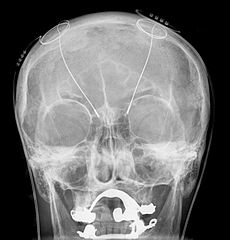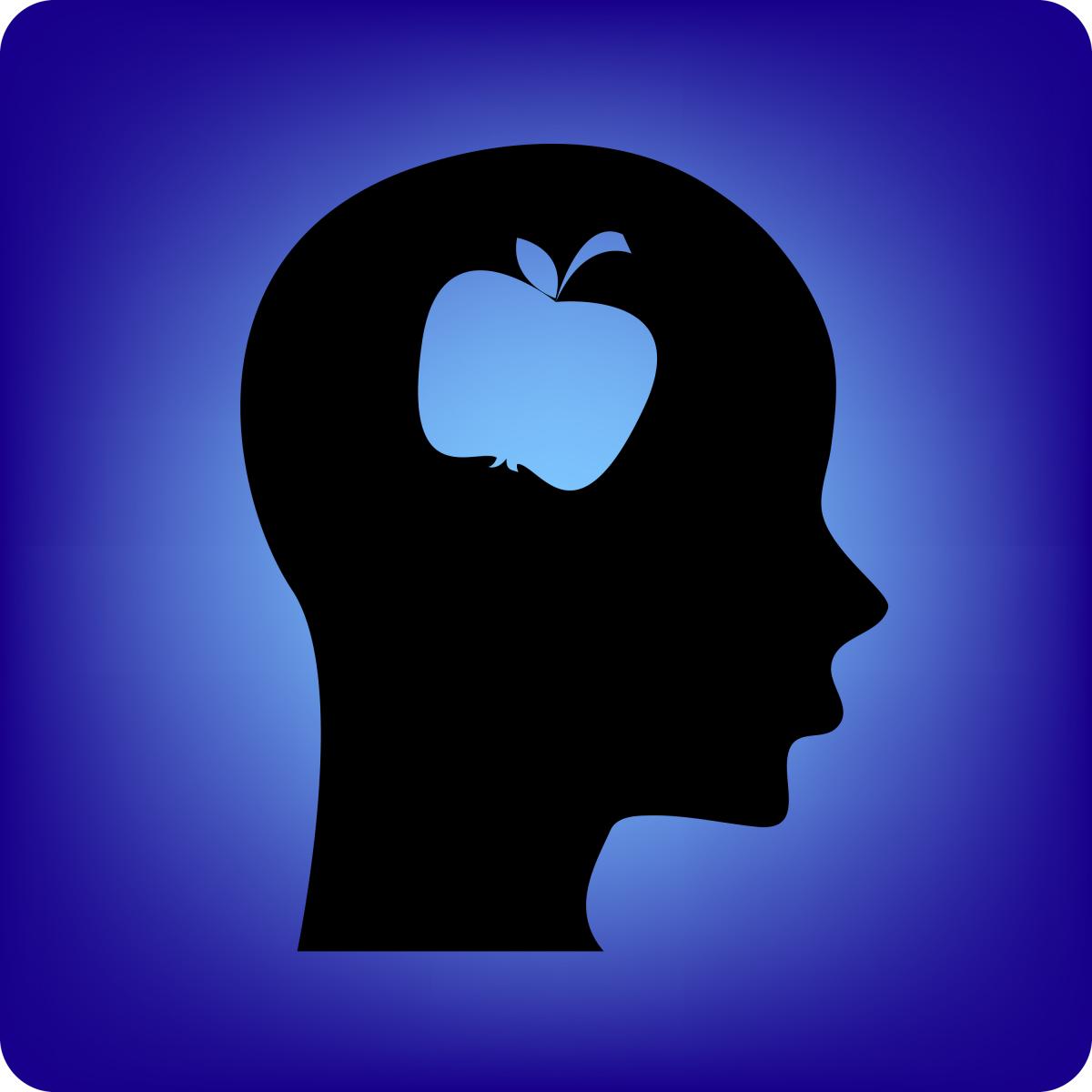One of the most exciting recent developments in treating Parkinson's Disease is Neuromodulation or Deep Brain Stimulation (DBS). According to senior neurosurgeons this powerful technique, which was approved by the National Institute for Health and Clinical Excellence (NICE) in 2003, can treat patients with neurological conditions such as Parkinson's disease, tremor, dystonia, intractable pain and headaches. It essentially involves the use of electricity, delivered into specific parts of the brain, spine or the nerves to change their function and treat a whole spectrum of medical conditions. This can be tailor-made for individual patients to meet their individual needs.
King's College London Neurosugeon, Mr Keyoumars Ashkan, reports that  "Several studies have shown DBS to be effective in improving movement problems associated with Parkinson's disease by 60-70% as well as improving the quality of life of patients. Many patients may also require less medication after the surgery."
"Several studies have shown DBS to be effective in improving movement problems associated with Parkinson's disease by 60-70% as well as improving the quality of life of patients. Many patients may also require less medication after the surgery."
Parkinson's disease is a progressive neurological condition in which patients develop problems primarily with movements but also a whole range of other functions such as sleep and memory. It is thought that around 127,000 people in the UK are suffering from the condition.
Most patients present with tremor, stiffness and slowness of movements. Initially many of these symptoms can be managed well with medications although a significant number of patients fail to be well controlled on medications or develop disabling side effects. Neuromodulation may not be a cure but can be an important treatment option for these patients alongside other treatments such as neurosurgery. New research by Harvard University and the University of East Anglia (UEA) published this week in Neurology® has found increasing evidence that regular consumption of berries, tea, apples and red wine significantly reduce the risk of developing Parkinson's in men. These foods are rich in flavonoids and this is the first study in humans to show that flavonoids can protect brain cells (neurones) against disease. Those in the study who ate the most flavonoids were shown to be 40 per cent less likely to develop the disease than those who ate the least. Interestingly, this link was not found in women.
Foods rich in flavonoids include fruits such as apples and berries; vegetables such as onions, asparagus and beans; and herbs such as basil, thyme and peppermint. Flavonoids belong to a group of compounds called complex polyphenolics, and contribute to taste, colour and smell of food as well as toxicity. These compounds have been identified as having antioxidant activity and may also have a role in improving immune status although if you are hoping to increase your intake of flavonoids bear in mind that it has been demonstrated that these compounds can be destroyed by heat or other common food processing methods.
vegetables such as onions, asparagus and beans; and herbs such as basil, thyme and peppermint. Flavonoids belong to a group of compounds called complex polyphenolics, and contribute to taste, colour and smell of food as well as toxicity. These compounds have been identified as having antioxidant activity and may also have a role in improving immune status although if you are hoping to increase your intake of flavonoids bear in mind that it has been demonstrated that these compounds can be destroyed by heat or other common food processing methods.
Associated with the nervous system and the brain.
Full medical glossary

